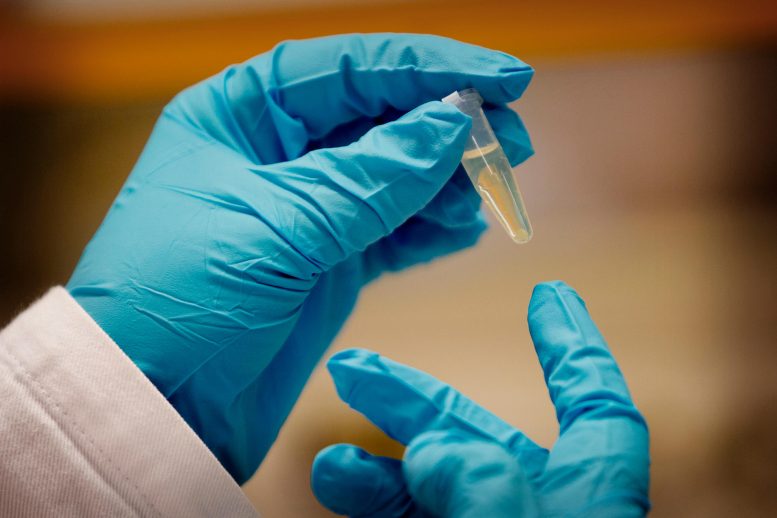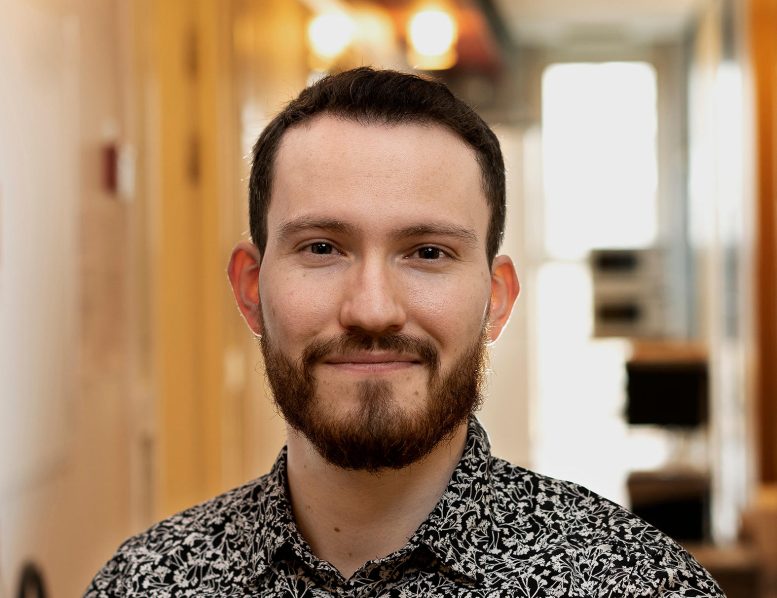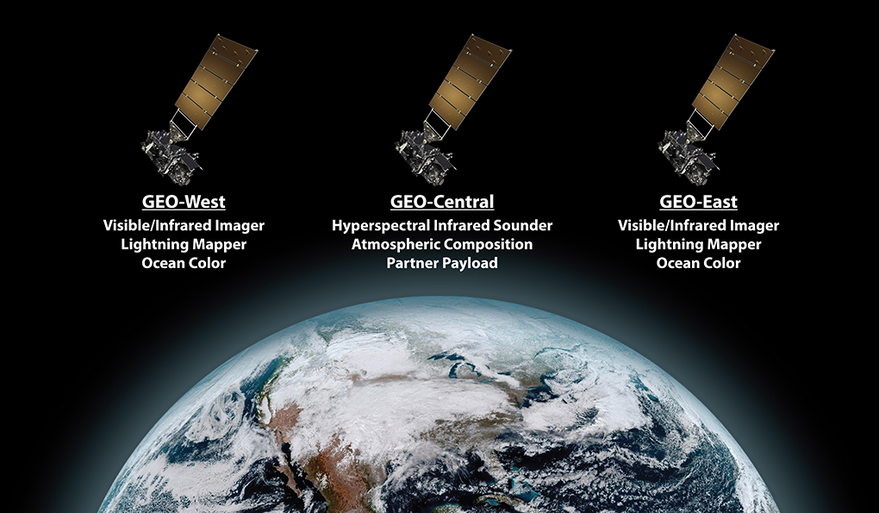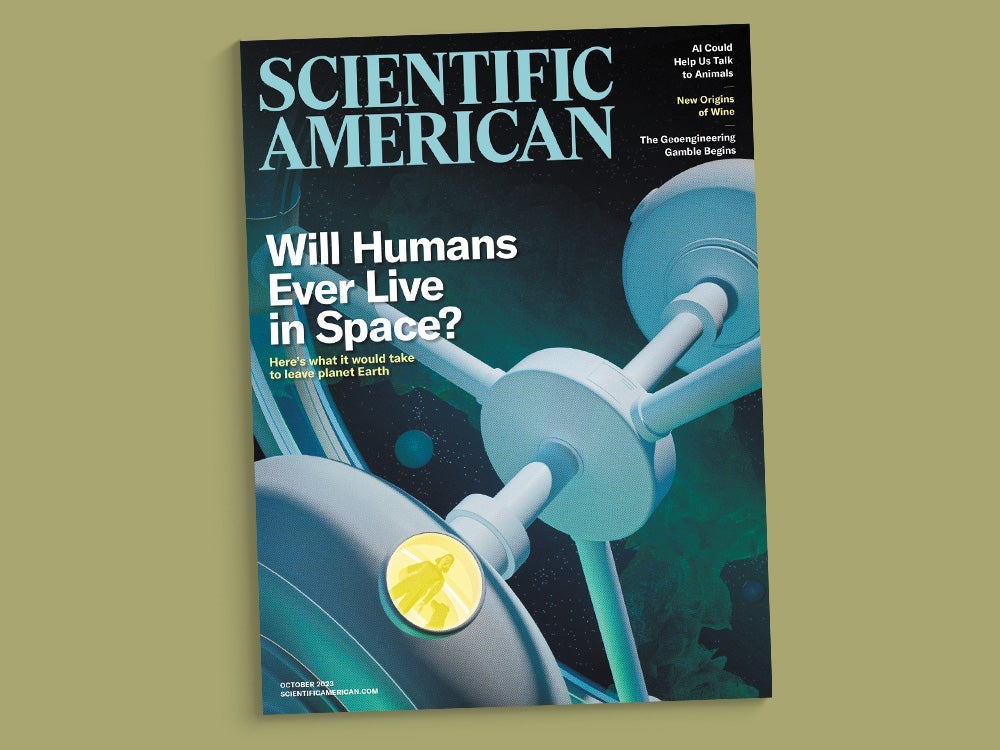Researchers at the University of Gothenburg have developed an AI-enhanced method to analyze sugar molecule structures (glycans) in cells, identifying cancer-specific changes. This breakthrough could lead to simple saliva or blood tests for early cancer detection and type identification.
In the future, a little saliva may be enough to detect an incipient cancer. Researchers at the University of Gothenburg have developed an effective way to interpret the changes in sugar molecules that occur in cancer cells.
Glycans are a type of sugar molecule structures that is linked to the proteins in our cells. The structure of the glycan determines the function of the protein. It has been known for a while that changes in glycan structure can indicate inflammation or disease in the body. Now, researchers at the University of Gothenburg have developed a way to distinguish different types of structural changes, which may provide a precise answer to what will change for a specific disease.
By analyzing changes in glycan structures in the cell, researchers can detect different types of cancer. Credit: Malin Arnesson
“We have analyzed data from about 220 patients with 11 differently diagnosed cancers and have identified differences in the substructure of the glycan depending on the type of cancer. By letting our newly developed method, enhanced by AI, work through large amounts of data, we were able to find these connections,” says Daniel Bojar, associate senior lecturer in bioinformatics at the University of Gothenburg and lead author of the study published in Cell Reports Methods.
AI-enhanced method found the patterns
There are also other research groups that study the substructures of the glycan in search of so-called biomarkers that describe what is wrong. This often involves statistical tests using mass spectroscopy to find out whether the level of individual sugars is significantly higher or lower in cancer. These tests have too low sensitivity and are not reliable because different sugars are structurally related and therefore not independent of each other.
Daniel Bojar’s research team uses a new method that includes AI, which takes these problems into account and can find the patterns in the data sets where others fail.
“We can rely on our results; they are statistically significant. If we know what we are looking for, it is easier to find the correct result. Now we will take these biomarkers and develop test methods,” says Daniel Bojar.
New mass spectrometer
During the fall, his research group received SEK 4 million from the Lundberg Foundation to purchase a state-of-the-art mass spectrometer. This instrument will serve as an AI platform to support researchers in the study of glycans, for example in lung cancer samples. The aim is to detect the cancer earlier to improve the chances of recovery.
“We want to develop a reliable and rapid analytical method to detect cancer, and also the type of cancer, through a blood sample or saliva. I think we might be able to perform clinical tests on human samples in 4-5 years,” says Daniel Bojar.
Reference: “Decoding glycomics with a suite of methods for differential expression analysis” by Jon Lundstrøm, James Urban and Daniel Bojar, 21 November 2023, Cell Reports Methods.
DOI: 10.1016/j.crmeth.2023.100652
Note: This article have been indexed to our site. We do not claim legitimacy, ownership or copyright of any of the content above. To see the article at original source Click Here
















